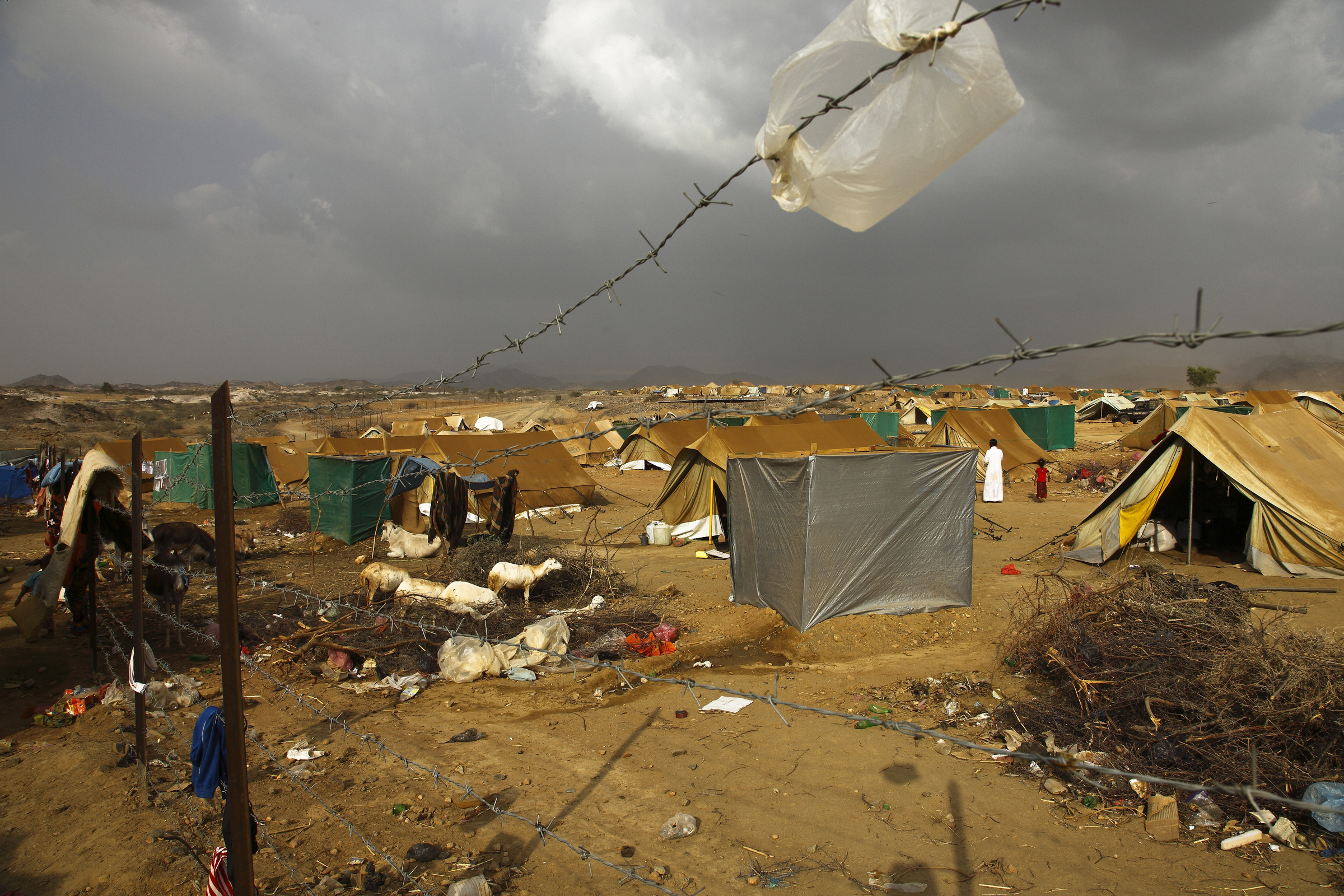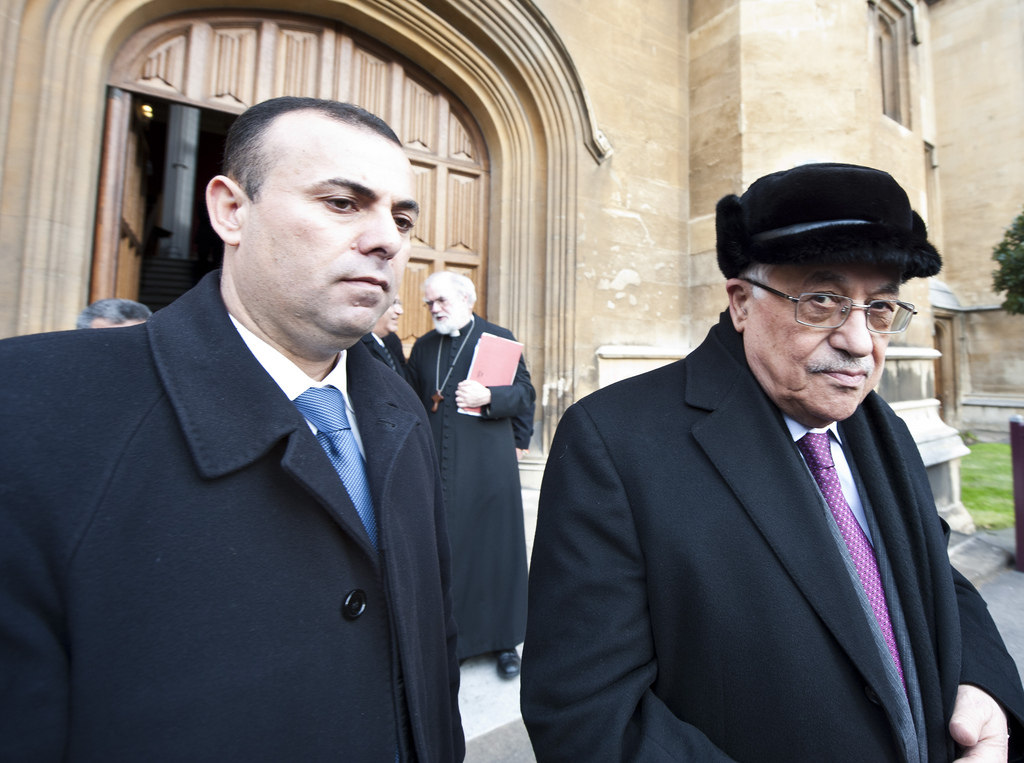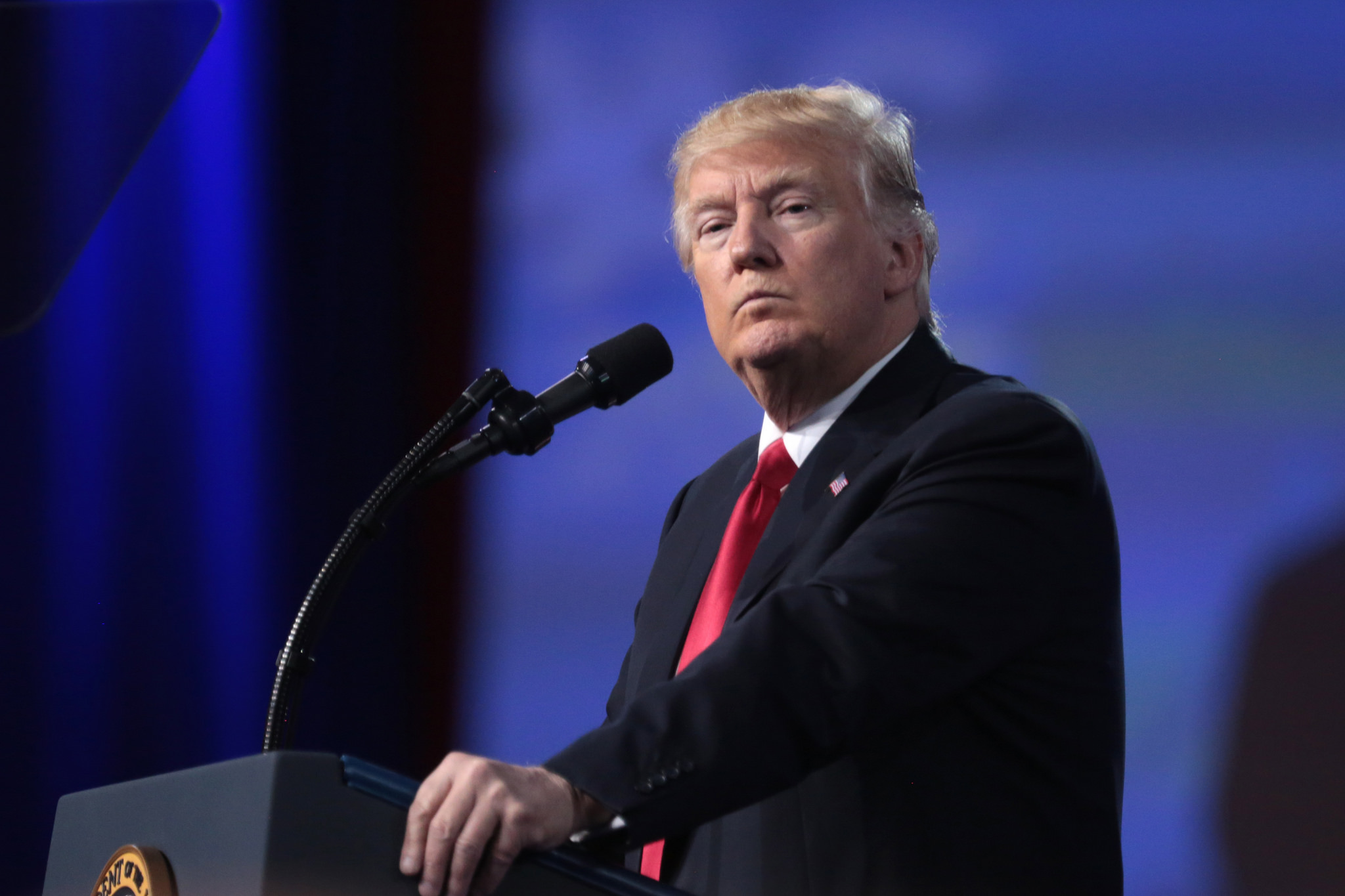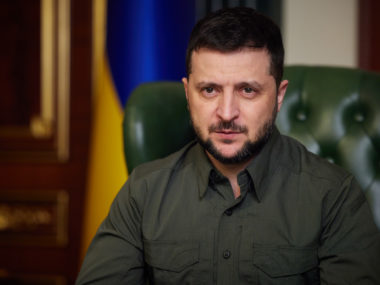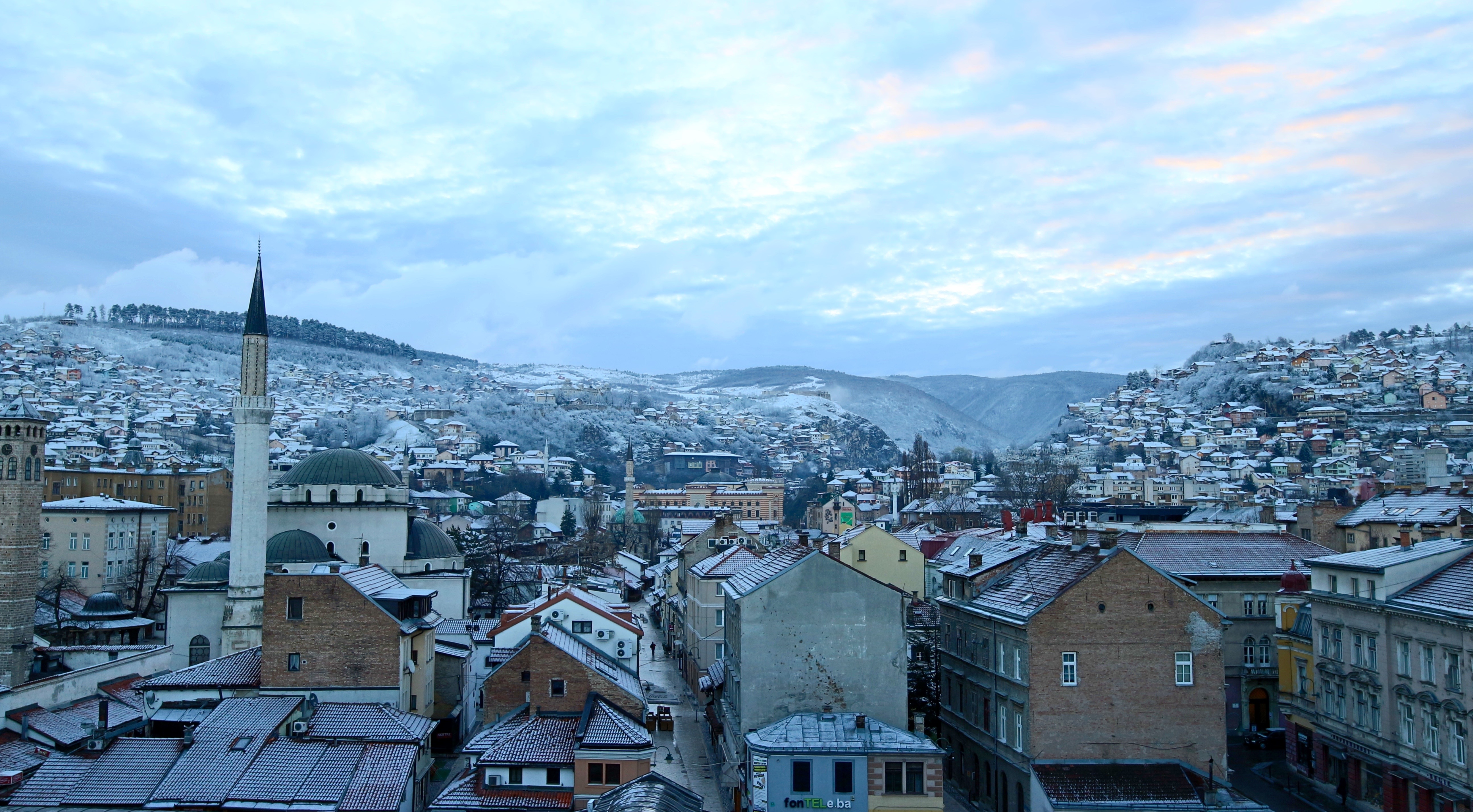By Marie E. Berry and Hollie Nyseth Brehm for Denver Dialogues.
In December, as the former stronghold of the Free Syrian Army fell to Syrian government forces, the world watched in horror while those trapped in Aleppo said their goodbyes on social media. Bana, a 7-year-old who had been tweeting regularly about her fears under siege, sent what she thought was her final tweet (thankfully, she escaped). Members of the White Helmets recorded their last goodbyes and uploaded them to YouTube, putting faces to the often-unimaginable numbers of those killed during the war.
In part because of this visibility, there was a global outpouring of anger and grief as people virtually watched atrocities unfold in real time. Many observers drew parallels with the 1994 Rwandan genocide. Philip Gourevitch, for instance, tweeted the “people of Aleppo wish to inform you that tomorrow they will be killed with their families” – a chilling allusion to the title of his 1998 book on Rwanda. Many questioned how the world could have let the conflict escalate to this point, lamenting that Aleppo signified the death of the Responsibility to Protect doctrine and, once again, an abandonment of the global promise of “Never Again” uttered after the Nazi Holocaust.
As we enter 2017 mourning Aleppo and the broader tragedy in Syria, it remains clear that those affected by the violence are still in grave need of humanitarian assistance. That said, we might also channel some of our grief and outrage to other—often forgotten—conflicts that likewise involve “barbarous acts” that should “outrage the conscience of mankind.” Many of these conflicts are unfolding in places that lack the language or ICT infrastructure to facilitate a global broadcast of atrocities as they occur. Consequently, we would like to call attention to a few of these conflicts in an attempt to keep them at the forefront of our minds, to plead to the new administration to enhance diplomatic efforts to address them, and to honor many Syrians’ pleas to “remember what we sacrificed” in the (perhaps futile) hope that the collective actions of concerned citizens across the world may minimize harm.
South Sudan: Mass atrocities are underway in the world’s youngest country as political leaders struggle for power. Ethnic killings and starvation have led to the death of an untold number of South Sudanese civilians—well into the tens of thousands, if not higher. Hundreds of thousands of children are malnourished and perhaps 2.75 million are displaced. South Sudanese women are facing globally unprecedented levels of sexualized violence, including rape, abduction, and forced marriage. And, though violence may continue to escalate, a proposed UN arms embargo failed to pass at the Security Council meeting on December 23, 2016.
Myanmar (Burma): In Myanmar’s Rakhine state, violence and discrimination against the Rohingya, a Muslim ethnic minority, has been ongoing since 2012. Recently, a Muslim insurgency emerged to counter this violence, which threatens to provoke a strong militarized retaliation from the government of Myanmar. This retaliation has already begun, and Human Rights Watch documented a new wave of destruction of Rohingya villages in November in addition to sexualized violence, forced displacement, and starvation. More than 30,000 people have recently fled the country, and the International Crisis Group notes, “The current violence is qualitatively different from anything in recent decades, seriously threatens the prospects of stability and development in the state and has serious implications for Myanmar as a whole.”
Democratic Republic of Congo: DR Congo has been on every violence “watch list” for years; however, that is not a reason to ignore it. Recently, President Joseph Kabila followed in the footsteps of other heads of state in the region (e.g., Rwanda’s Paul Kagame and Burundi’s Pierre Nkurunziza) and proposed changes to the Constitution that would allow him to remain in power for longer than the two terms currently permitted. His last official day in office was supposed to be December 19, 2016—and yet he remains, although an agreement finalized on December 31 states he will step down after elections later in 2017. If Kabila sticks to the agreement, it will be DR Congo’s first peaceful transition of power since independence in 1960. Yet, stability is fragile and a heavy security presence remains in the capital. Moreover, violence continues to plague Eastern Congo, further raising the specter of instability in the country.
Yemen: Nearly two years into its brutal conflict, Yemen remains one of the most forgotten ongoing wars. One reason, perhaps, is that there is no clear “good versus evil” story. As Amanda Taub noted in the New York Times, the conflict features a host of different factions. Houthi rebels, allied with Yemen’s ex-President Saleh, have taken large portions of the country, while Saudi-led bombing campaigns (with support from the U.S.) have killed thousands of civilians. ISIL and Al-Qaeda also have a presence in the conflict. The UN estimates that at least 10,000 people have been killed since the beginning of the war, 3 million are internally displaced, and millions more are in dire need of humanitarian assistance.
This list is clearly incomplete: violence in Nigeria, Egypt, Central African Republic, and many other places is also cause for grave concern, as are extrajudicial killings in the Philippines and ongoing drug-related violence in Mexico (see the Early Warning Project, the International Crisis Group, or Human Rights Watch for additional information on these and other situations). Our goal here is merely to encourage those who have been outraged and concerned for human lives in Aleppo to avoid complacency as the situation in Syria appears to stabilize. Instead, we urge scholars and the informed public to keep these ongoing conflicts and atrocities on the global policy agenda in 2017.
Marie Berry is an Assistant Professor at the Josef Korbel School of International Studies and an affiliate of the Sié Chéou-Kang Center for International Security and Diplomacy. She is also a regular contributor at Political Violence @ a Glance. Hollie Nyseth Brehm is an Assistant Professor of Sociology at The Ohio State University and an affiliate member of the Mershon Center for International Security Studies and the Criminal Justice Research Center.

